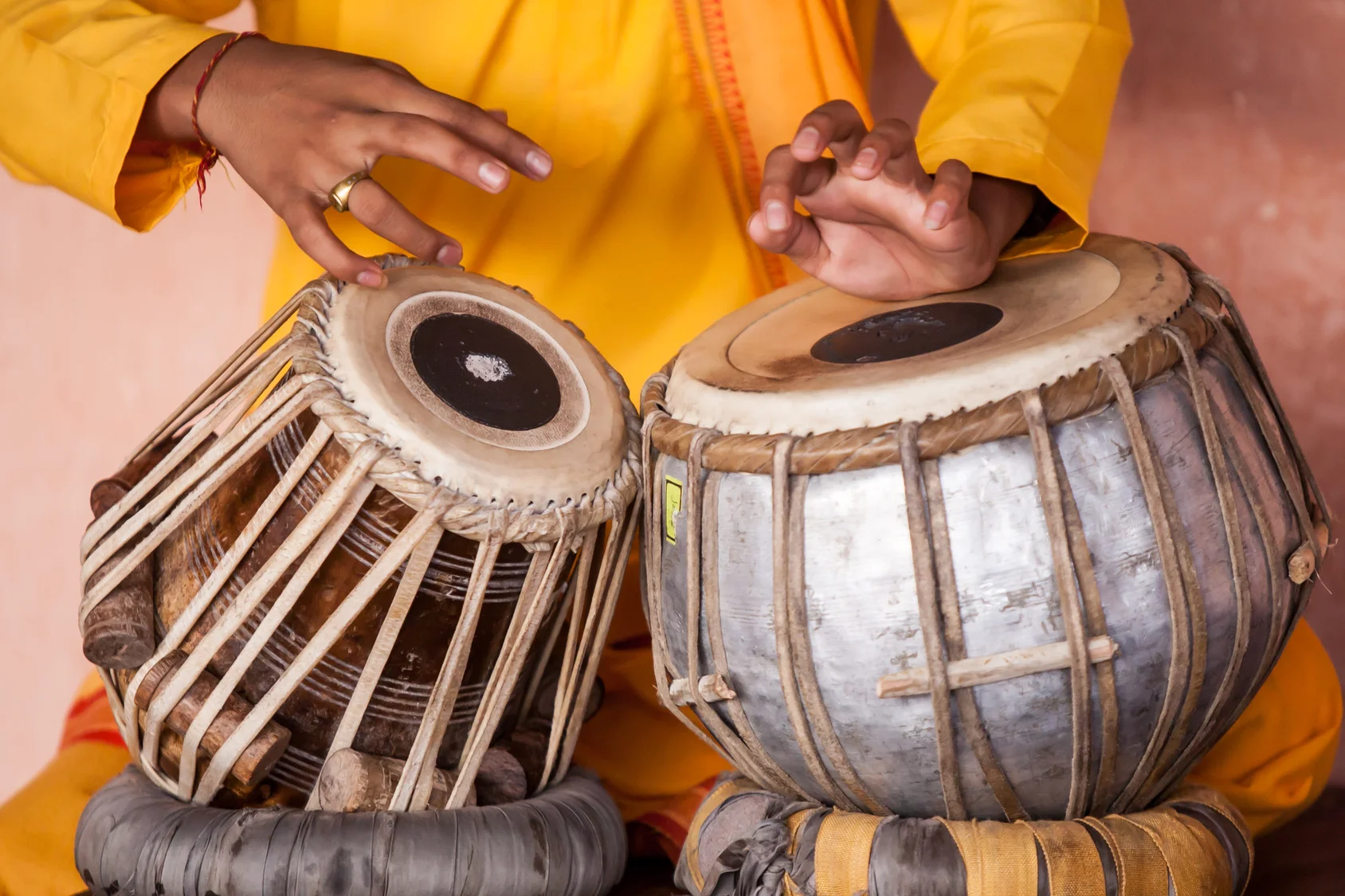Cooperating with Daily and Seasonal Rhythms
We can be healthy and functional by cooperating with daily and seasonal rhythms.
Daily phases during which doṣa influences prevail
Vāta is influential from 2 a.m. to 6 a.m. (or sunrise). Awaken before 6 a.m. to eliminate body wastes and be attuned to the lightness and free flowing energy of vata dosha influences. The vāta stage of life is 50 years and older.
Kapha is influential from 6 a.m. (or sunrise) to 10 a.m. If possible, this is a suitable time to exercise, because strength and stamina are at a peak level. It is also a good time to focus on work or activity that requires concentration and inner strength. The kapha stage of life is from birth to age 16 years.
Pitta is influential from 10 a.m. to 2 p.m. Because digestive fire is stronger during this phase, it is the ideal time to have your major meal of the day. The pitta stage of life is age 16 years to 50 years.
Vata is influential from 2 p.m. to 6 p.m. (or sunset). Food and exercise should be light at this time of day.
Kapha is influential from 6 p.m. to 10 p.m. Retire for sleep before 10 p.m.
Pitta is influential from 10 p.m. to 2 a.m. Avoid late night eating if still awake.
seasonal phases during which doṣa influences prevail
Vāta influences are pronounced during the fall months when the weather is windy, cold and dry; and also somewhat in the winter depending on locale. Fall season is a good time for a gentle body cleanse. Especially during these months, observe dietary and activity regimens which pacify or subdue mental and physical vāta characteristics. Foods should be heavier and nourishing.
Kapha influences are pronounced during the winter months when the weather tends to be wet and cold, and moisture in nature replaces dryness. These influences begin to dissipate or ‘melt’ going into spring. This is a good season of the year to implement a gentle body cleansing program and to observe dietary and activity regimens which pacify or subdue kapha characteristics. Foods that increase pitta influences can be chosen. This is also a good time to implement a more active exercise program. Be sure to stay warm and dry. Cultivate warm emotional states.
Pitta influences are pronounced during the summer months when the weather is hot. Maintain dietary and activity regimens which subdue pitta characteristics. Foods should be light and wet.
Rāgas: Times for Listening or Performance
"Each rāga is associated with a definite mood or sentiment that nature arouses in human beings. The ancient musicologists were particularly interested in the effects of musical notes and how they effected and enhanced human behavior. Music has the power to cure, to make you feel happy, sad, disgusted and so on. Extensive research has been carried out to find out these effects. This formed the basis of time theory as we know it today. It is said that performing or listening to a rāga at the proper allotted time can affect the health of human beings." Gurukripa Clinic, India
Below is a small sampling of rāgas and their related time.
Evening
Yaman
Tilang
Shuddh
Shankara
Maru Bihag
Pahadi
Marwa
Night
Night
Charukeshi
Shivranjani
Malgunji
Jhinjhoti
Kirwani
Chandani
Chandrakauns
Morning
Gunkri Bhairav
Ahir Bhairav
Bairagi
Bhoopali Todi
Ramkali Todi
Nat Bhairav
Lalit Bhairav
Jogiya Bhairav
Afternoon
Sarang
Poorvi
Patdeep
Bhimpalasi
Gaud Saarang
Multani Todi
Anytime
Mand
Pahadi
Sindh
Bhairavi
Kafi
The 24 hour day is divided into 8 periods (prahar) in Indian classical music:
1. 6 am - 9 am 1st beat of the day. Daybreak, Morning (Kapha)
2. 9 am - 12 pm 2nd beat of the day. Late Morning (Kapha into Pitta)
3. 12 pm - 3 pm 3rd beat of the day. Afternoon, Late Afternoon (Pitta into Vāta)
4. 3 pm - 6 pm 4th beat of the day. Twilight, Early Evening (Vāta)
5. 6 pm - 9 pm first beat of the night. Evening, Late Evening (Kapha)
6. 9 pm - 12 am 2nd beat of the night. Night; Midnight (Kapha into Pitta)
7. 12 am - 3 am 3rd beat of the night. Late Night (Pitta into Vāta)
8. 3 am - 6 am 4th beat of the night. Early Dawn; Morning (Vāta)
Vāta: 2 - 6 am / pm
Kapha: 6 - 10 am / pm
Pitta: 10 - 2 am / pm





